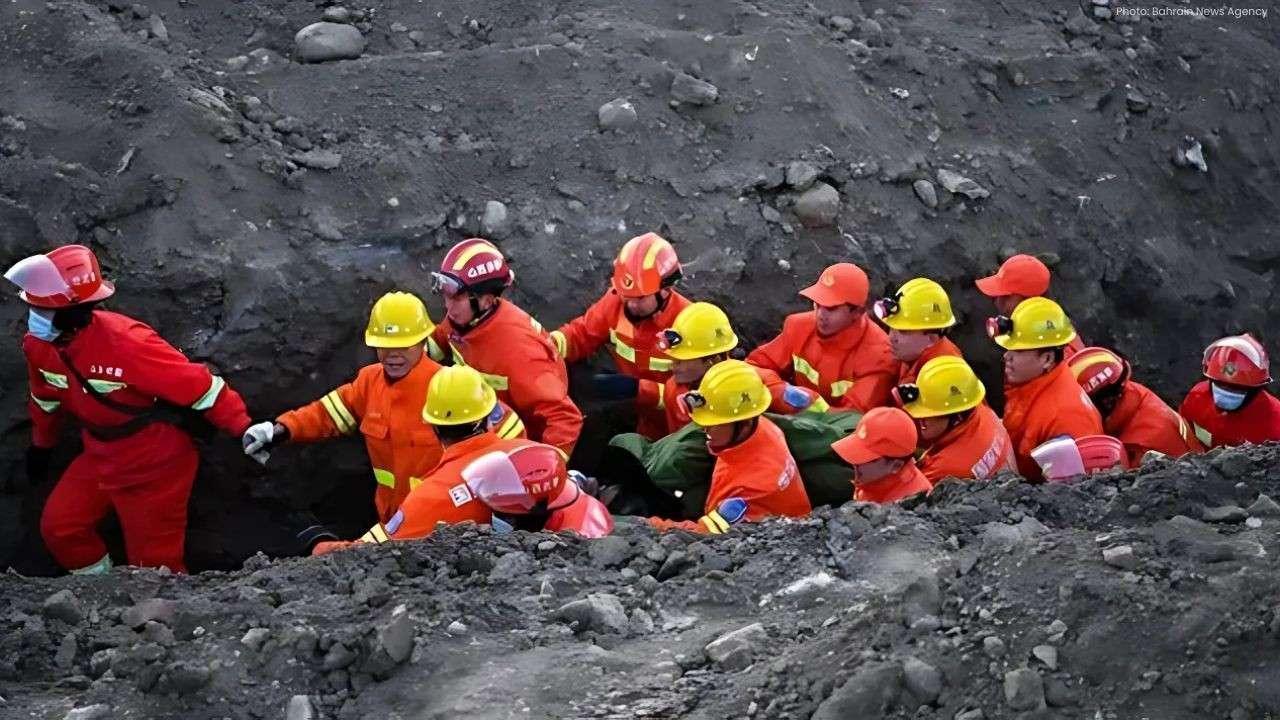
Post by :
Photo: Reuters
A South African court has made an important decision. It cancelled a permit that allowed TotalEnergies and Shell to explore for oil in an area of the ocean off the coast between Cape Town and Cape Agulhas. This order came from the Western Cape High Court on August 13, 2025, and was made clear in a written ruling by Judge Nobahle Mangcu‑Lockwood.
The problem, the judge said, is that the environmental study behind the permit did not do its job properly. It did not look carefully at what might happen if there was an oil spill—especially how that could affect coastal communities and those who make a living from fishing. The study also didn’t consider how the project could affect climate change.
Because of these gaps, the judge said TotalEnergies must be allowed to fix the mistakes. They can submit new or improved studies that include the missing parts. The court gave them this chance instead of ending their plans completely.
This ruling is one of many legal battles in South Africa. Environmental groups have challenged permits before. Now, these groups are calling the latest decision a win in the fight against oil exploration in this sensitive area.
Natural Justice, a nonprofit group that was part of the case, welcomed the court’s ruling. A programme manager from the group, Melissa Groenink‑Groves, said this ruling sends a clear message—companies must follow the rules, do thorough studies, and listen to people in local communities.
TotalEnergies had already announced that it planned to leave the project. Last year, the company said it would step away from the exploration block known as Block 5/6/7. This area lies off the southwest coast and is shared with other partners—Shell and South Africa’s state company, PetroSA, with Shell taking over operations and PetroSA holding a smaller share.
Even though TotalEnergies said it would leave, the environmental authorisation—the permit—was still in their name. That’s why the court’s decision to cancel it matters. The court still gave them a chance to fix the problems and apply again correctly.
South Africa is now seeing a big increase in interest in its west coast for oil drilling. Nearby Namibia has made big oil and gas discoveries in the Orange Basin. The same geological region extends into South African waters. Companies like TotalEnergies and Shell are looking at these areas with high hopes—but their plans keep hitting legal and public obstacles.
This latest ruling came after an environmental study fell short. According to the court, it did not include clear plans for oil‑spill cleanup or what to do if there was a blowout. It also did not think about how the project might affect small-scale fishers or future climate concerns.
Environmental groups argued that people were kept in the dark. They said decision-makers did not get to speak up about risks from drilling. Key laws like the National Environmental Management Act and the Integrated Coastal Management Act were not followed as they should have been.
On the other hand, those defending the permit—including TotalEnergies and the government—said these studies are only required for exploration, not production. They argued that a full assessment would come later if actual oil production was expected. In South Africa, more than 350 offshore wells have been drilled since the 1940s without major spills, they said.
Still, the court ruled that even for the exploration stage, assessments must include the potential harm to communities, consider climate, and include proper plans for oil spills. This ruling makes that clear.
For TotalEnergies, this means redoing parts of their environmental work. They will have to involve the public, prepare better risk plans, and think ahead about climate change. If they do this correctly, they may have a chance to hold the permit again. If not, their efforts could be stopped again.
This decision is not just a legal victory for environmental groups—it’s also a sign that courts demand better protection of both people and the planet. It shows that drilling permits cannot move forward without careful, fair, and clear checks.
Looking ahead, analysts say this ruling could slow down the rush to explore for oil in South Africa’s waters. It could also encourage companies to plan more carefully or shift toward energy projects that do not raise the same risks.
South African court










NMDC Group And ADNOC L&S Sign Three-Year Deal For Offshore Work
NMDC Group and ADNOC Logistics & Services sign a three-year deal to deliver maritime services for of

Six Miners Trapped After Earthquake Hits Coal Mine In China
A mining-related earthquake struck a coal mine in Heilongjiang, China, trapping six miners undergrou

Train Collides With Bus In Mexico Killing 10 And Injuring Many
At least 10 dead and 41 injured after a train hit a bus at a rail crossing in Mexico. Authorities co

UAE Olympic Football Team Qualifies For AFC U-23 Asian Cup Finals
UAE Olympic football team qualifies for AFC U-23 Asian Cup finals in Saudi Arabia despite 3-2 loss t

Apple Launches iPhone Air With Thinnest Design & Pro Performance
Apple unveils the new iPhone Air, its thinnest model with pro performance, multiple colors, large st

Al Wakrah Wins French Arabian Breeders’ Challenge Sprint Again
Al Wakrah, trained by Jean de Mieulle, wins French Arabian Breeders’ Challenge Sprint in France, mar